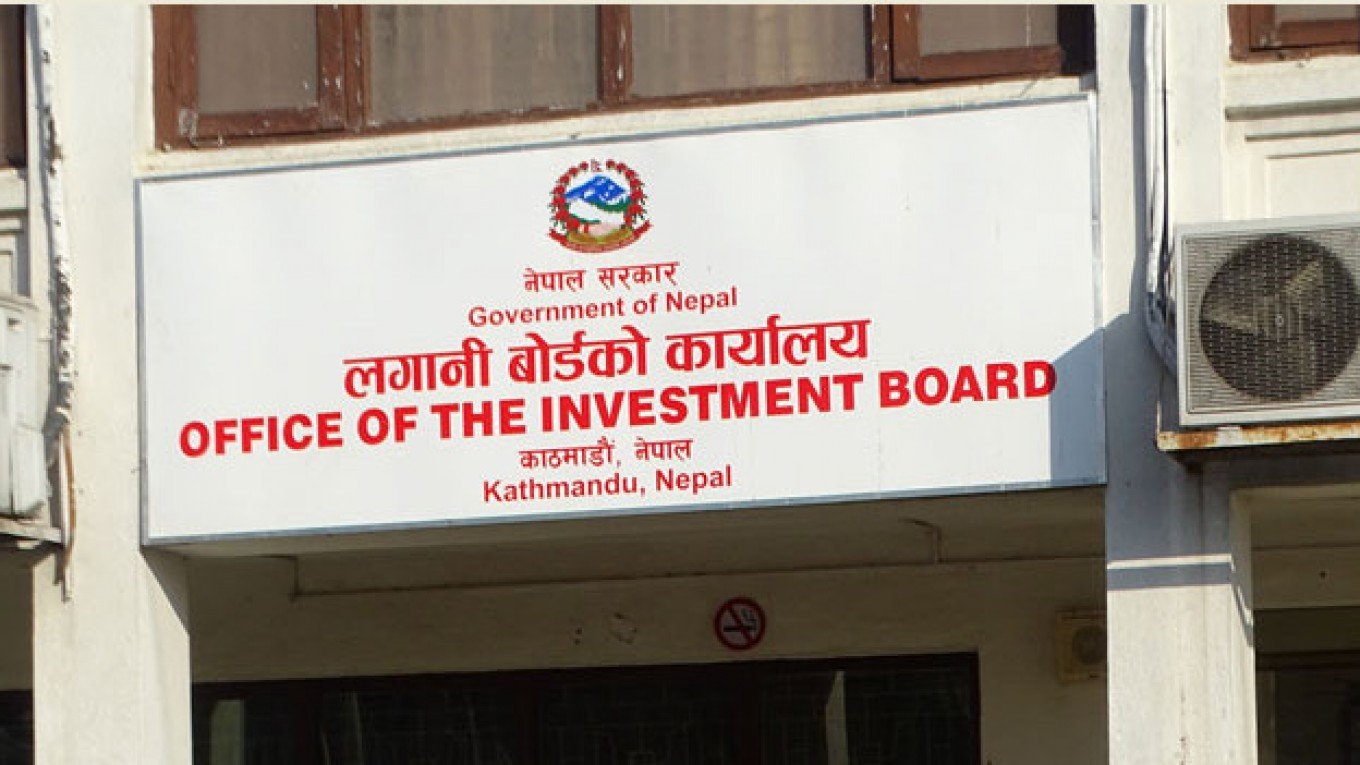Nepal Investment Board Approves Strategic Plan for PPP Projects
The newly approved strategic and business plan outlines construction, procurement, and investment targets across 57 major projects, though past performance raises concerns.

Kathmandu: Nepal’s Investment Board (IBN) has approved a new Strategic and Business Plan (2081–86) to fast-track Nepal PPP projects and enhance infrastructure development across the country. The roadmap includes detailed timelines, financing strategies, and feasibility studies for large-scale projects over the next four years.
Key Targets and Investment Goals
IBN spokesperson Pradyumna Prasad Upadhyay said the plan outlines both minimum and maximum investment goals, anticipating improved regulatory and operational conditions to attract private capital.
-
Construction Completion: 11 projects (~$8.95B)
-
Under Construction Stage: 7 projects (~$2.83B)
-
Pipeline Projects: 57 projects proposed for feasibility studies (~$24.3B)
-
Private Sector Involvement: 67 privately-executed projects (~$7.45B)
The plan also proposes four core directorates for better institutional management: Planning & Financial Management, PPP Management, Investment Promotion, and Project Development & Oversight.
Past Performance and Execution Challenges
Despite ambitious targets, IBN’s past record shows gaps in implementation. Since inception, only NRs. 1.2 trillion (~$9B) has been approved across 38 projects. Manpower shortages, bureaucratic delays, and dependence on donor agencies continue to hinder effective execution.
Outlook for Nepal PPP Projects
If successfully implemented, this strategic plan could accelerate Nepal PPP projects, improve infrastructure, and attract foreign and domestic investment. Analysts, however, caution that robust governance and operational capacity will determine actual outcomes.
Related Links:
Please login to leave a comment.
Login to Comment